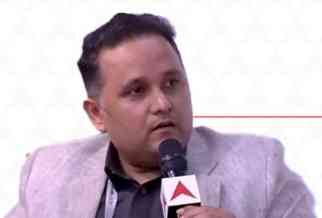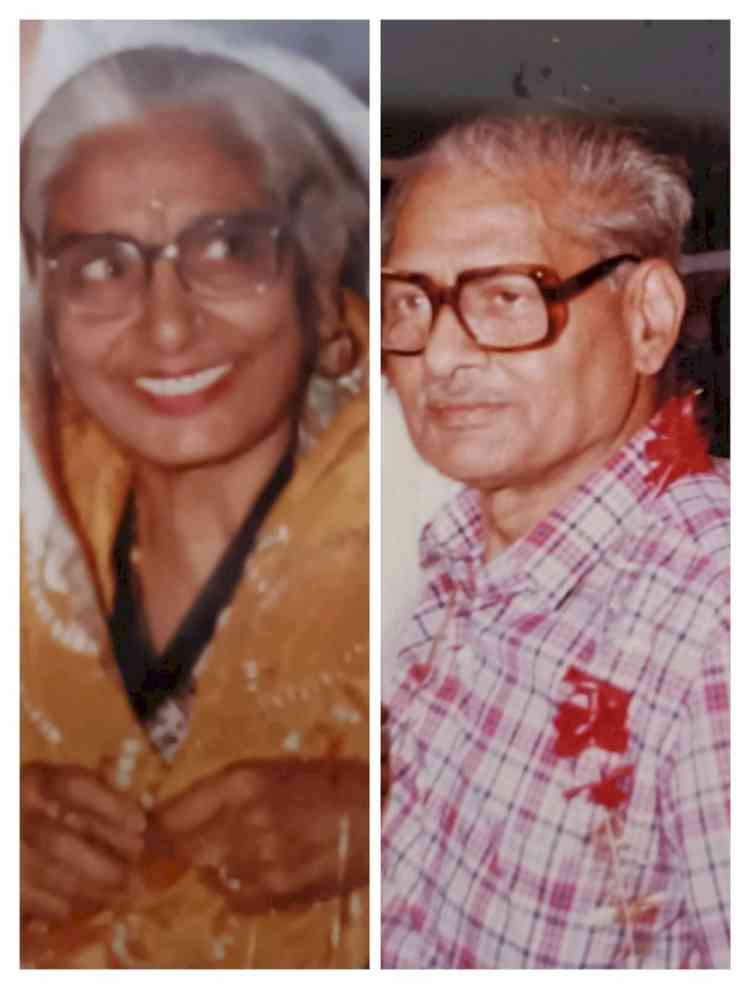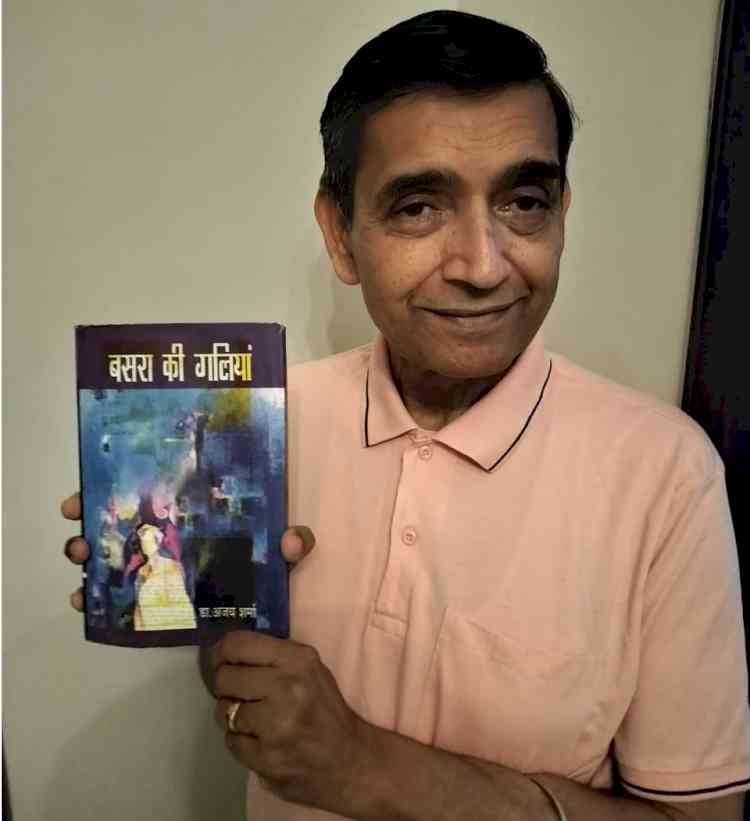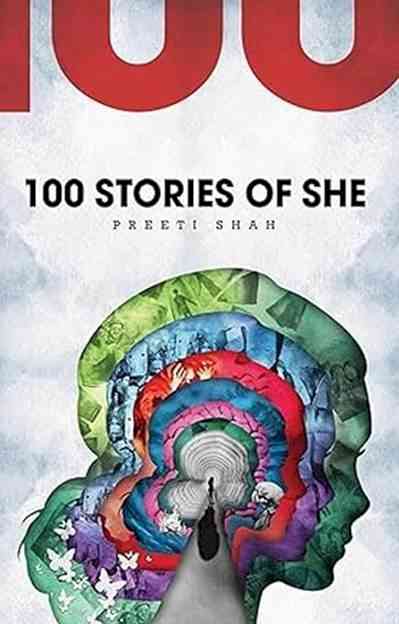No version of Ramayana describes idea of Ram Rajya in detail: Author Amish at ‘Ideas of India’ Summit 3.0
No version of Ramayana describes idea of Ram Rajya in detail, said renowned author Amish Tripathi at the ‘Ideas of India’ Summit 3.0. The author, speaking at a session titled "Ayodhya and After: Is Ram Rajya the Ideal State" delved into the concept of Ram Rajya and offered a nuanced perspective on its relevance in contemporary times. He said the idea of Ram Rajya is discussed in other religious texts, and the versions of Ramayana tell us about the journey of a leader who can lead to Ram Rajya.

New Delhi, February 23, 2024: No version of Ramayana describes idea of Ram Rajya in detail, said renowned author Amish Tripathi at the ‘Ideas of India’ Summit 3.0. The author, speaking at a session titled "Ayodhya and After: Is Ram Rajya the Ideal State" delved into the concept of Ram Rajya and offered a nuanced perspective on its relevance in contemporary times. He said the idea of Ram Rajya is discussed in other religious texts, and the versions of Ramayana tell us about the journey of a leader who can lead to Ram Rajya.
“Ram Rajya for me means living in the kingdom of Ram, holding your head high, protecting the weak, fighting injustice, and knowing that dharma is for all. Loving your god doesn’t mean hating others. You don’t have to hate other religions to prove yours,” he said.
Speaking about questioning existing traditions, the author emphasized that traditions should always be questioned but in a polite manner. “Traditions like the caste system should be questioned. I don’t use a surname, and it is my statement. You don’t find any controversy around me because I say it in a polite way. Should traditions be questioned? Yes. So, if you want to question caste discrimination, use ancient texts that didn’t have caste systems. If you fight for transgender rights by quoting Lord Rama, why would there be any controversy?” added Amish.
The ABP Network’s ‘Ideas of India’ Summit 3.0, spotlighting ‘The People’s Agenda,’ brought a confluence of ideas and ideators to a common platform celebrating the country’s people and its plurality. The two-day summit hosted policymakers, cultural ambassadors, industry experts, celebrities, business leaders, economists, and leading luminaries to delve into the fundamental ideas of liberty, justice, equality, and diversity that define India, its society, culture, and politics. The meaningful deliberations on diverse topics had the brightest minds across sectors providing insights about the nation's trajectory and its journey to become Viksit Bharat.


 City Air News
City Air News 










